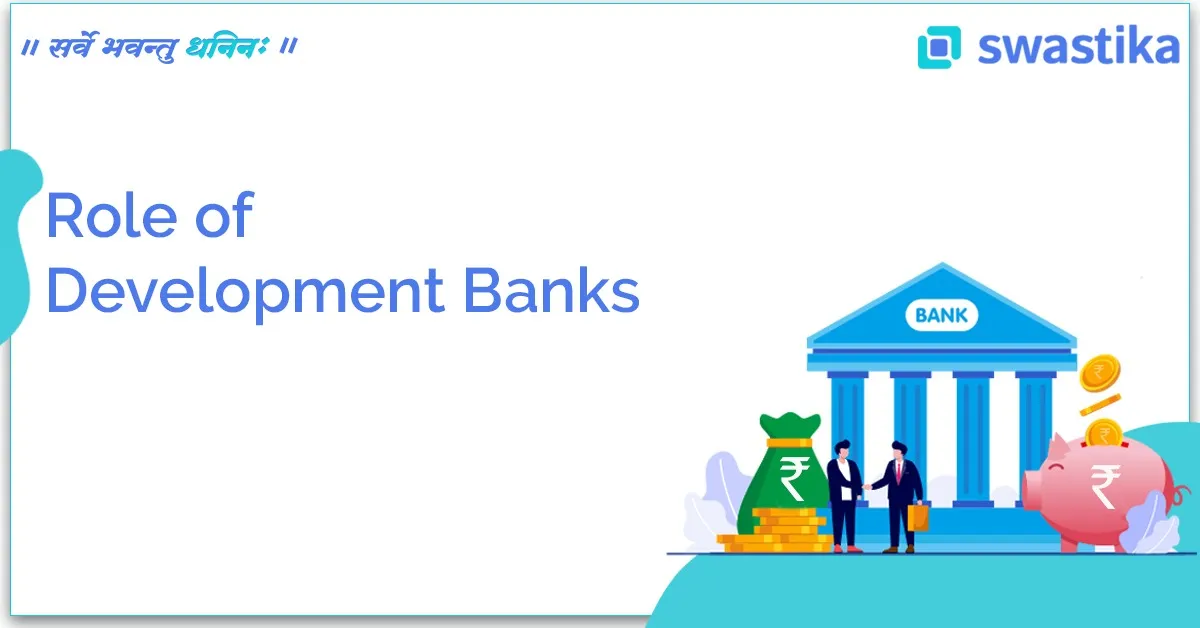SEBI is currently planning to implement its new strategy about allotment of shares which is currently T+2. Now, the time of settlement of shares has changed, the new time of allotment of shares is T+1.
Suppose, if an investor purchases shares in any company be it BSE or NSE, he will receive his shares in his Demat account in T+2 days i.e. trade +2. After receiving shares in a Demat account, he has a right to sell his share or hold it.
On the other hand, if the investor wants to share his shares, he will get funds transferred to his account within T+48 days.
Now, as per the SEBI rule, the settlement is proposed to be T+1 day. Earlier, the settlement cycle was T+3 days.
The settlement cycle refers to the time between the trade date when the order is executed, and the settlement date when the participants exchanged cash for securities; then only trade is considered final.
SEBI proposed the option to adopt T+1 based on readiness starting from 2022. The SEBI circular said that if the stock exchange wants to opt for the T+2 settlement cycle in between, it needs to give notice one month in advance.
Why did SEBI bring this new arrangement of settlement of shares?
SEBI has come up with this proposal only after some of the market participants have requested it. Here the T+1 refers to the shares that will be transferred in T+24 hours.
SEBI did not take this decision overnight, there are certain things involved such as consultation with market infrastructure institutions such as stock exchange, clearing corporations and depositors.
Very few market players have expressed their concerns on the operation problems in this arrangement such as the T+1 settlement cycle.
Minimizing the settlement cycle will directly impact the efficiencies in the stock market which in turn further protects investor’s interest. The new settlement cycle eliminates liquidity requirements, operational risks, counterparty risks that in turn minimize the margin requirement and collateral requirement for broker-dealers.
How Does It Impact Different Types of Investors?
The decision to change the settlement cycle leaves a great impact on many investors. For instance, high net worth investors such as FIIs, DIIs will extract a huge benefit from it. Earlier settlement i.e. T+1 can provide them more liquidity and minimize margin requirement.
It shall not impact small or retail investors as well.
Advantages and Disadvantages for Common Investors for T+1 Settlement Cycle:
With the help of the T+1 settlement cycle, investors now receive an earlier receipt of their funds after trade execution and settlement.
T+1 settlement cycle will require significant planning, execution and testing and it would change the market structure for sure.
If the infrastructure is upgraded with robust technology; the settlement process will be seamless and fast which in turn mitigates the probabilities of technical glitches.
Will the new cycle of settlement make any difference to the volatility in the market?
The new settlement of the cycle will increase the volatility in the market. Many developed countries such as the USA, UK, and Japan currently follow the T+2 trade cycle.
Needless today, there are some difficulties in the arrangement but minimizing the settlement cycle will generate greater operational efficiencies with low capital requirements.
Hence, we recommend you to do a test for two days and if everything is alright; it can be extended to one week and on successful testing, these things can be implemented permanently.


.png)




.webp)
.webp)

.webp)






